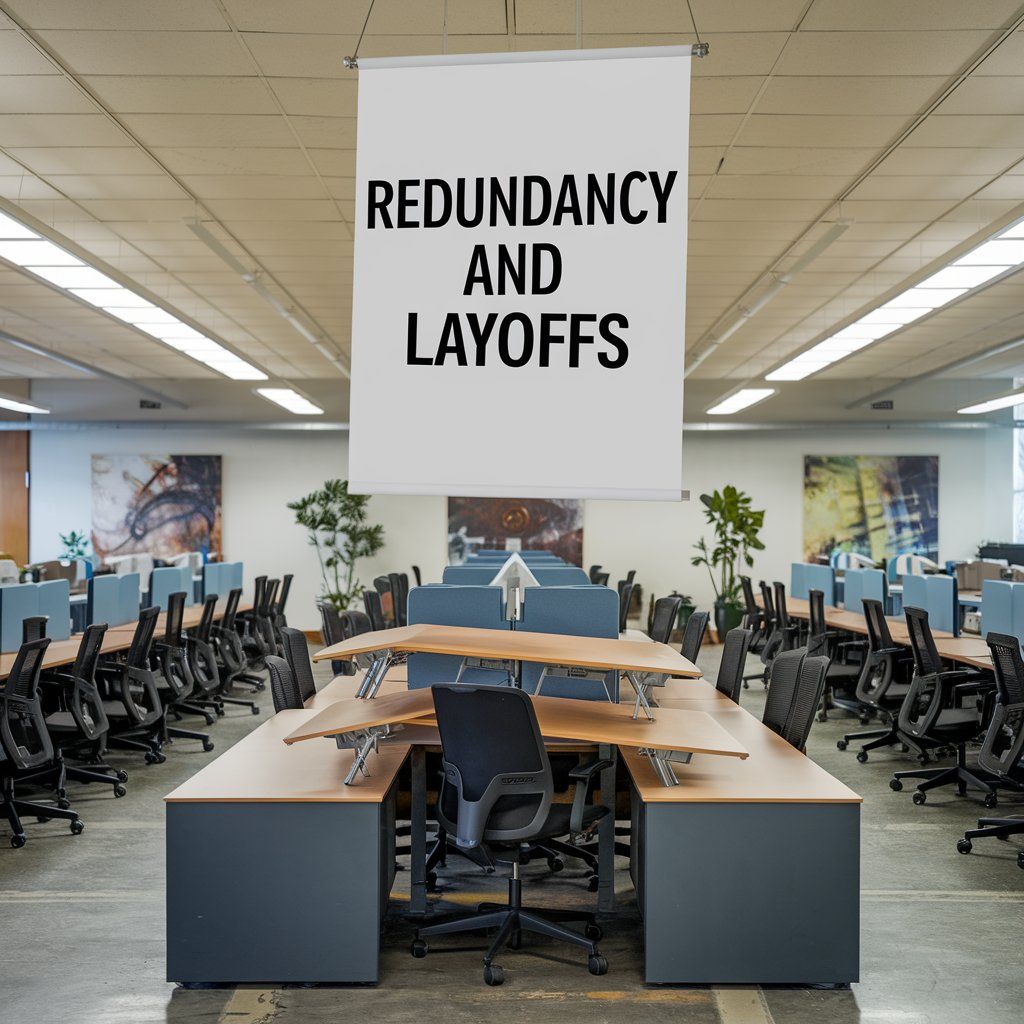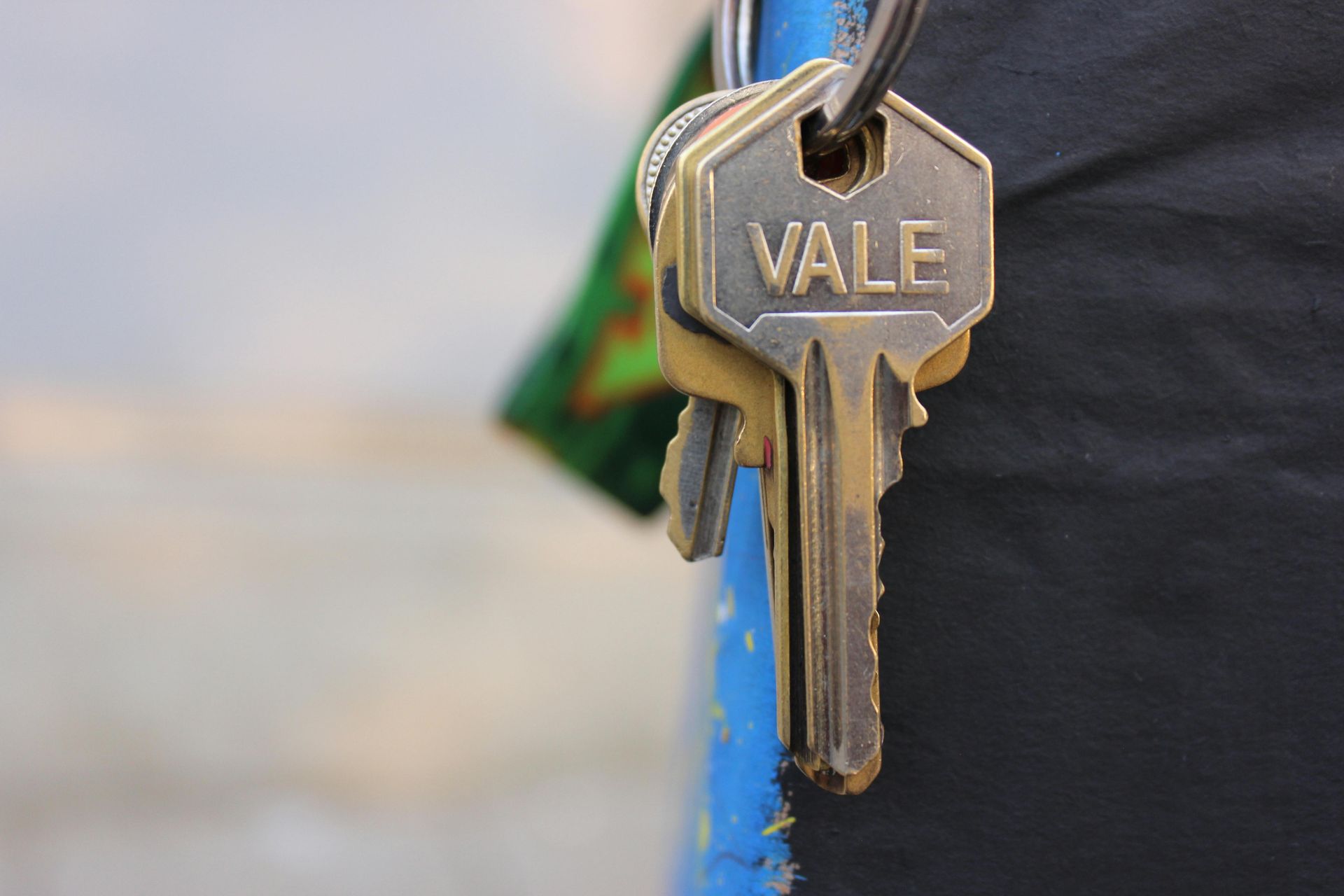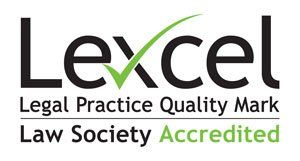Unregistered property or lost deeds?
As of September 2019, 87% of land in England and Wales is now registered with HM Land Registry. The remainder is known as unregistered land.
To refer to a property as unregistered does not mean that it has no owner but rather that the property or land has not been subject to a transaction, such as a sale or mortgage, since registration became compulsory in its area. So, some people may be living in an unregistered property if they haven’t moved (or re-mortgaged) since the 1980’s or before.
Voluntary first registration can be considered even if you are not selling, transferring or mortgaging your unregistered property.
The benefits of a voluntary first registration are :
- You are provided with a documented proof of ownership of the property with a plan displaying your registered property boundaries
- The Land Registry will assign a class of title to the property, which is guaranteed.
- Selling or transferring the property is a more straightforward process. Some lawyers are reluctant to deal with unregistered titles due to lack of familiarity with the process and the need to fully review all the lengthy title deeds.
- The registration process provides an opportunity for any defects in the title to be rectified which would otherwise remain undiscovered and this saves time on subsequent dealings with the property.
- Helping to protect property from fraud.
- The Land Registry is currently offering a 25% discount on their fee for voluntary first registrations.
All the while a property remains unregistered the only proof of ownership is the paper title deeds which can easily be lost or damaged. But all is not lost if the title deeds have been destroyed or damaged.
You can still apply to the Land Registry for voluntary first registration of a property. The Land Registry will require a Statement of Truth from the person claiming ownership of the property, providing a full account of the events that led to loss or destruction of the title deeds, together with any other documents relating to the title that can be produced by way of additional evidence. This could include correspondence or receipts from other parties who have been in possession of the title deeds for example a bank/building society or a previous firm of solicitors. The Land Registry will then review the application and decide whether to grant ownership of title based on the evidence presented to them.
If you would like us to assist you with your voluntary first registration of the property then please contact us using the forms or buttons below. Our experienced conveyancing team will be happy to help you.
Contact Us




